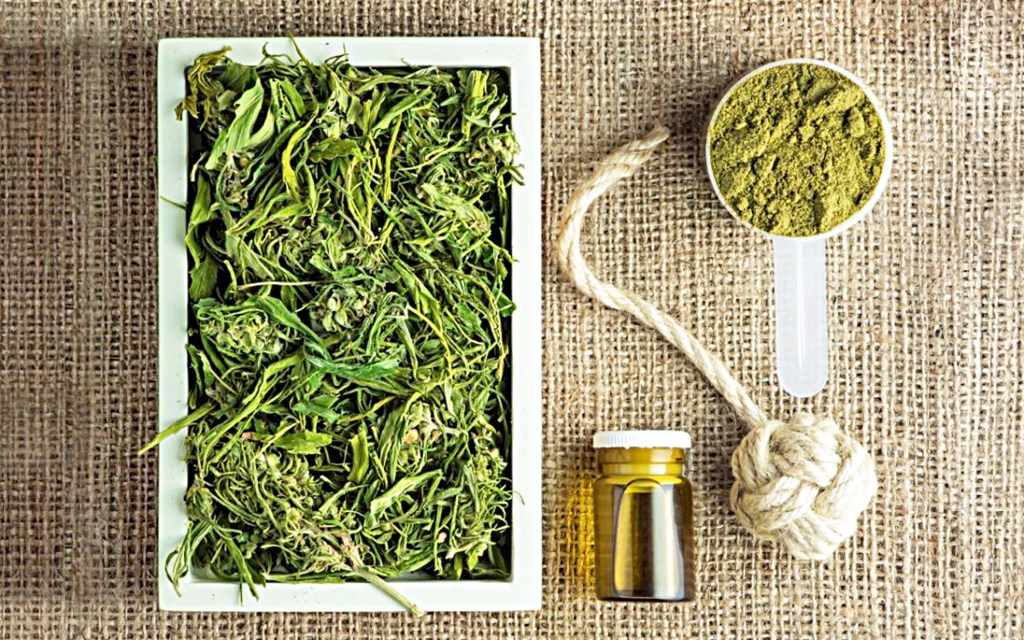PILOT PROGRAM: 3 in Limestone Co. permitted to grow hemp
Published 9:21 am Tuesday, April 23, 2019

- There are many uses for industrial hemp, which is now being grown in Alabama as part of a pilot program. Hemp is most often processed for rope, yarn and fabric. The seeds, which can be eaten, can also be used to produce fuels, paints and detergent.
Three licenses to grow industrial hemp have been granted to growers in Limestone County, according to the Alabama Department of Agriculture and Industries.
The license holders are Alabama Industrial Organics LLC, Lauren Britton and Jason Marbut. Because the ADAI does not release contact information for growers, The News Courier was unable to obtain comment.
The department announced in January it was seeking applications from farmers and universities interested in growing industrial hemp as part of a pilot program. The department also took applications from prospective industrial hemp processors.
In addition to the Limestone County growers, licenses were granted to eight growers in Madison County, two in Morgan County and one in Lauderdale County.
“We have had a significant interest in the Alabama Industrial Hemp Pilot Program from potential growers and processors since the availability of applications was announced in January,” said Rick Pate, commissioner of the Alabama Department of Agriculture and Industries. “The approval of applications and execution of license agreements is complete, and we are in the next phase of the program. We are encouraged after our initial meetings with the approved growers and processors that the first year of the pilot program will provide opportunities for the agriculture industry in Alabama.”
He commended the ADAI staff who helped make the program possible.
“It is never easy to start a program from scratch, but our staff is committed to make this program work, giving farmers in Alabama an opportunity to diversify and grow an alternative crop,” Pate said.
State Rep. Danny Crawford, R-Athens, had correctly predicted few Limestone County farmers would register to grow hemp because it would be costly for local farmers to retool their operations to accommodate a new crop. Still, Limestone County soil is close to ideal for the plant, though not perfect.
“Our soils are very nutrient rich, and that’s a good thing with heavy clay soil,” said Chris Becker, Limestone County’s Extension coordinator. “The bad thing is clay soil is often susceptible to compaction, and when that happens, the soil drains poorly. Hemp does not like soil that drains poorly.”
The soil issue is an easy fix, however, if the grower adds more organic matter.
“As far as nutrient requirements, it’s like any other crop,” Becker said. “You need to find out what the soil is doing for it to grow healthy.”
The other challenge is hemp is a short day-length plant, meaning it likes less than 12 hours of sunlight.
About the pilot program
The door to hemp production in Alabama was first opened by the 2014 farm bill, which defined how industrial hemp differed from marijuana. The bill also specified industrial hemp could be grown as part of a research or pilot project. Two years later, the Alabama Legislature passed the Alabama Industrial Hemp Research Program Act, which included the development of a licensing and inspection program for the production of industrial hemp.
The 2018 farm bill, which took effect in January, removed hemp from the U.S. Drug Enforcement Agency’s list of Schedule I drugs and instead treats it as an agricultural commodity. Cultivation and use of marijuana is still illegal in Alabama.





